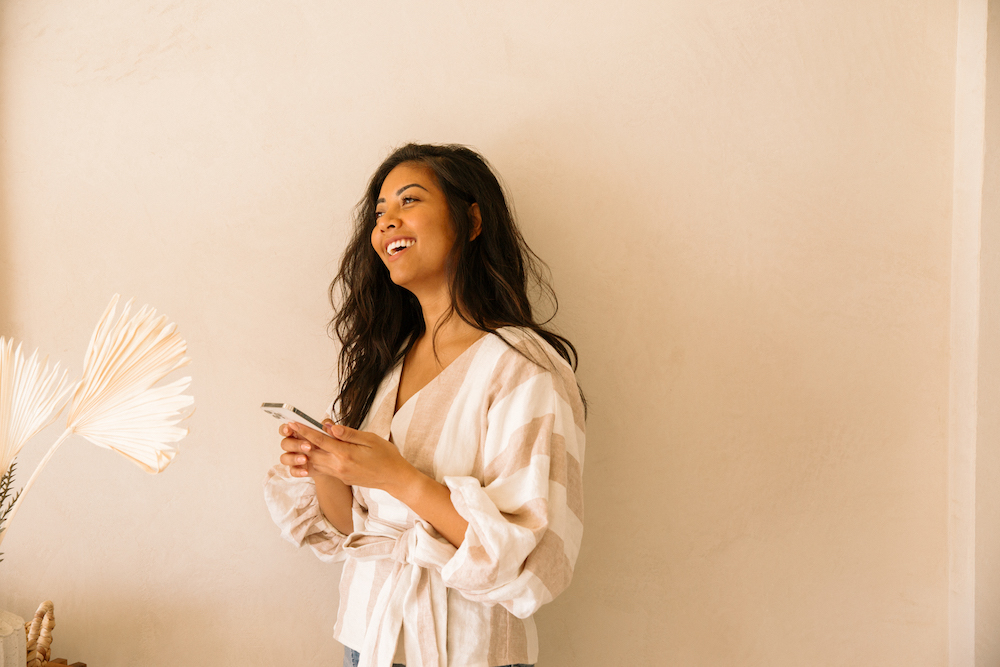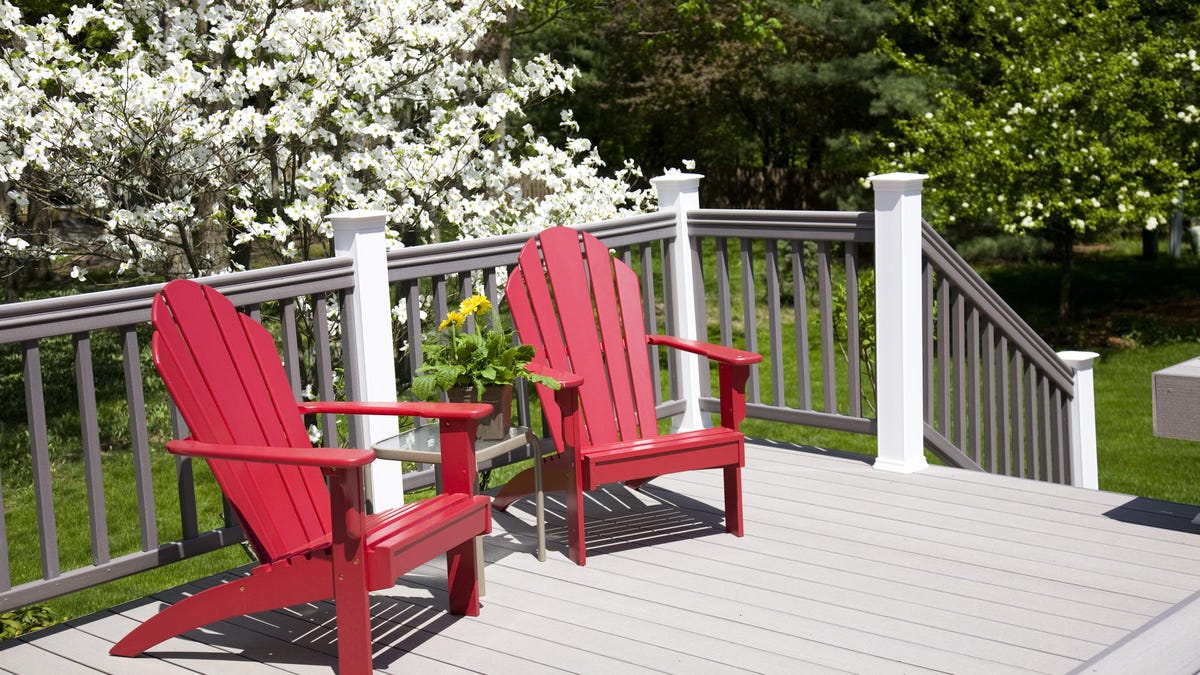How to Be More Spontaneous—and Why It Could Transform Your Life
It's starts with finding comfort in change. The post How to Be More Spontaneous—and Why It Could Transform Your Life appeared first on Camille Styles.
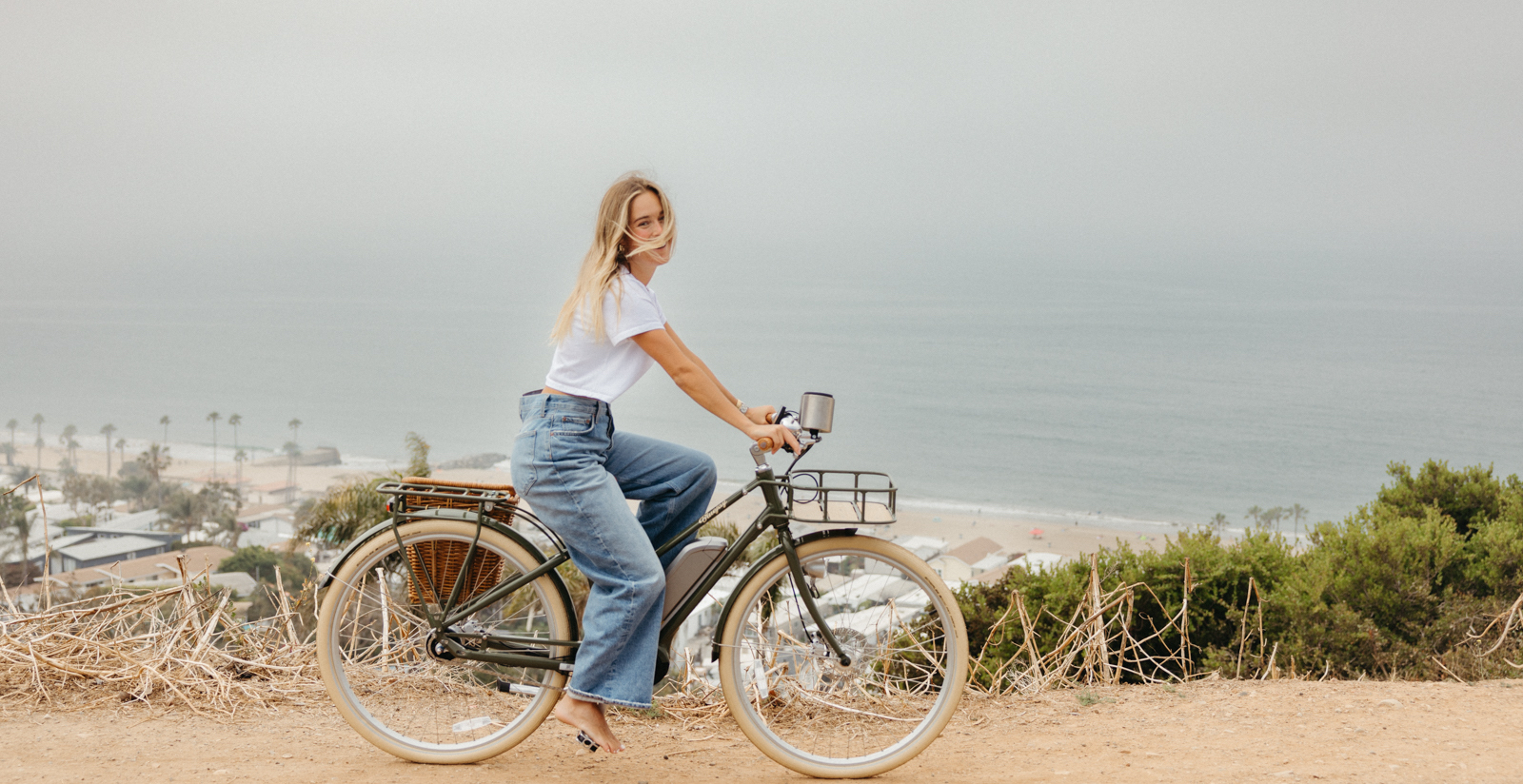
I won’t lie—I never used to prioritize spontaneity in my life. (Truthfully, I was a little intimidated by the thought.) Instead, determined and organized, I planned every area of my life to a compulsive tee. But with therapy as my north star, I began to peel back the layers of the fears hiding behind my carefully thought-out routines. And while always knowing the next step can help you feel safe and secure, learning how to be more spontaneous can open up new possibilities and opportunities for a joyful, fulfilling life.
Of course, we love a good ritual. They ground us, center us, and help us welcome the world with curious eyes and an open heart. But like much in life, the energy we give to routines and shaking things up is a careful balance—one that creates space for everything we need. It’s true that spontaneity can be a catalyst for inspiration, innovation, and growth in our lives. And today, I’m taking you along the journey toward learning this key lesson of infusing spontaneity into your everyday life. Ahead, discover the tips and ideas to help you feel refreshed and reinvigorated each day
Featured image from our interview with Mary Ralph by Michelle Nash.
1 of 4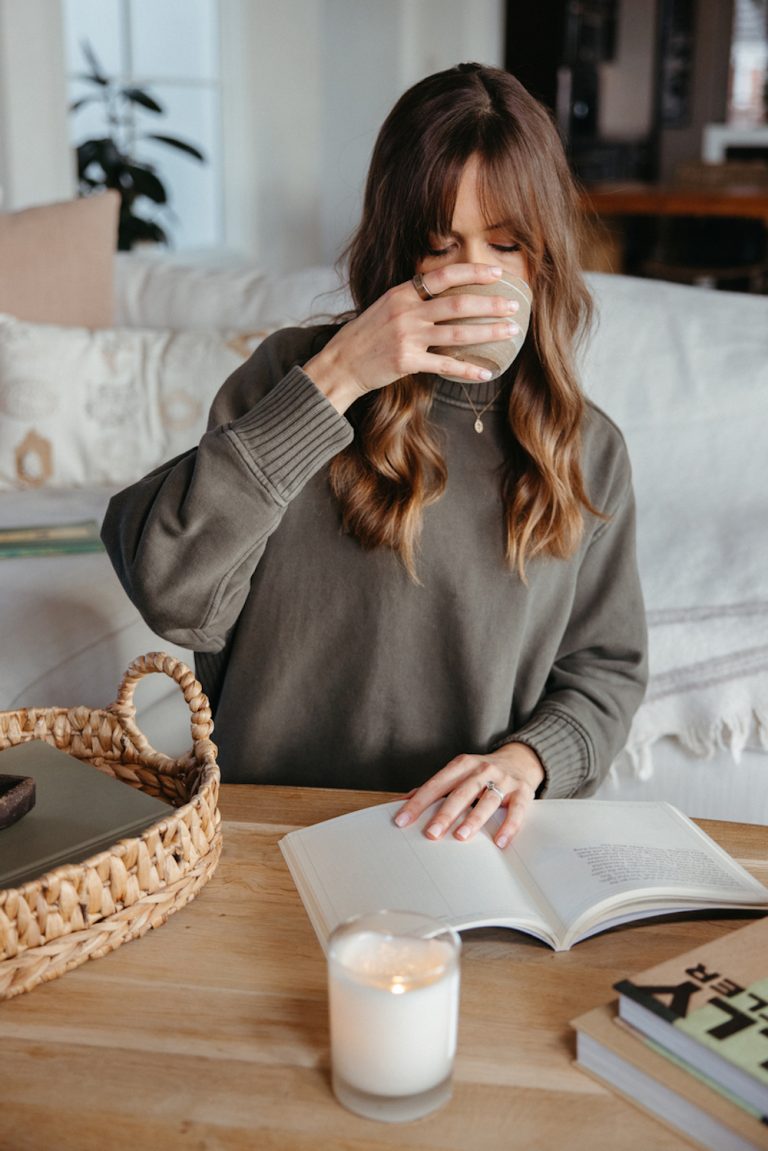
Why Spontaneity Is Important
While change can be difficult, it’s also an inevitability of life. Even well into adulthood, every day sees us growing, shifting, and adopting new ways of being. Oftentimes, this happens because we—perhaps even unknowingly—put ourselves in the path of inspiration and influence. Think about it: What have been the most transformative experiences for you in the past couple of months? Did you visit an art exhibition that completely changed your aesthetic? Perhaps you said yes to a dinner invite that became a new job and career. Or maybe a new friend asked if you wanted to play pickle ball—and you’re now considering building a backyard court yourself.
Much of what happens to us in life is the result of surprising ourselves and learning to weave a healthy, consistent amount of spontaneity into our everyday. We meet new people, learn new things, and have new experiences because we trust ourselves enough to shake things up every so often.
Spontaneity isn’t something we simply chase after. Rather, it’s something we intentionally invite into our lives.
How to Balance a Spontaneous and Planned Life
Of course, just as we can’t spend every day planned out entirely, we also can’t move from one spontaneous activity to the next. Much of life is a dance between relying on our routines for support and sprinkling in spontaneous acts that keep us guessing and growing. Throughout all of it, it’s important to stay in touch with your feelings. Take stock and ask yourself the following:
What could I use more of in my life? What parts of my routine feel most inspiring? What parts feel most draining? How do I deal with change? Do I embrace it or shy away from it? How do my habits support my growth? How do they hinder it?By reflecting upon and thoughtfully responding to these questions, you can gain a clearer sense of what parts of your life and routines could use a bit of a shake-up. Remember: spontaneity isn’t something we simply chase after. Rather, it’s something we intentionally invite into our lives.
2 of 4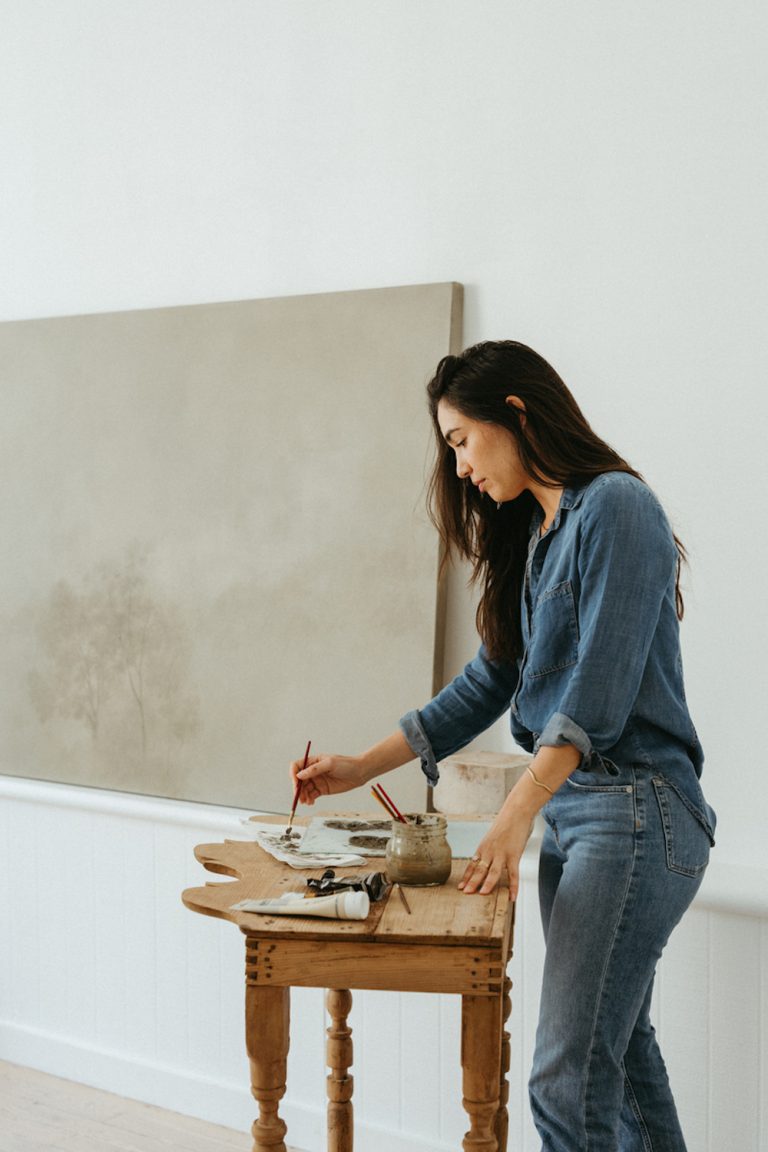
How to Be More Spontaneous: 4 Tips That Will Change Your Life
Are you ready to learn how to be more spontaneous and start embracing a life of adventure and routines that support your growth? Ahead, discover five game-changing tips that will inspire you to be more creative with your time and trust the natural ebbs and flows of your life.
Embrace new activities
I was always that anxious kid who was scared to sign up for anything new. What if no one likes me on the baseball team? Will I have anyone to talk to at lacrosse practice? What if I make a fool of myself at play rehearsal? While it’s natural for children to experience these fears, we can’t pretend we don’t have these same anxieties as adults. But I’ve learned over the years, that the more I put myself out there, the more I practice that confidence muscle and prove to myself that everything will always work out. (Oftentimes, even better than I initially hoped.)
Trying new activities and hobbies has a beautiful way of changing our perspective and naturally shaking up our routine. What’s more, when you try something you’re genuinely curious about or interested in, chances are, you’ll connect with people who share your same interests. And if it’s social anxiety that’s keeping you from signing up, it’s true that when people do the same activities together, conversation simply flows. So join that knitting club, take up photography, or attend that lecture series. Trust, the reward will be worth the challenge.
Change up your environment
There’s a reason so many rom-coms involve a mid-movie montage of the protagonist frantically rearranging her entire apartment. It feels good and energizing to switch up our surroundings. What’s more, it’s a simple way to exercise our autonomy in our lives. We have the power to transform our work-from-home routines simply by moving our desk in front of the window. (Way more inspiring, tbh.) And we can improve our sleep by making our bedrooms a relaxing haven. Changing up your environment can inspire new ways of inhabiting your space and new behaviors that can lead to a more productive, happier life.
It’s possible to do this outside of the home as well. As much as I love being a regular at the coffee shop around the corner, try a new one further down the street. Maybe they make a chai you’ll obsess over, or perhaps a new friend is there now, reading your favorite book that you can’t help but gush over. My partner and I love visiting new neighborhoods in our city most weekends—shopping at new stores, trying new restaurants, and walking streets we’ve never been on before. You can do this with your commute, too. Even if it takes a little longer, get off the train at the stop before yours. Walk the rest of the way and notice how different the city looks by foot.
Little by little, the more we infuse change and novelty into our lives, the more we learn about ourselves, our cities, and the rhythms that make us feel our best. While change can invite discomfort, know that it can also lead you toward a richer, more vibrant life.
3 of 4
Carve out free time in your day
As much as we swear by time-blocking to help us get sh*t done, it’s important to create space for unplanned pockets in your day. This challenges you to get creative in the moment, allowing you to connect with your intuition and spend your free time in a way that feels most authentic to you. When we leave time unplanned in our schedules, we have more opportunity to explore our instincts and get in touch with what they may signify. Perhaps you’ll discover that you love taking long walks in the evening, or the mid-morning is when you feel most creative and energized. With more freedom in our days, we can get curious and act upon our spur-of-the-moment ideas.
Be intentional with your “yes”
You’ve probably heard the expression: if it’s not a hell yes it’s a hell no. Well, it’s time to put it to practice. While some may say that learning how to be spontaneous means saying yes to everything, I’d disagree. Spontaneity requires a quality of intention, meaning that instead of randomly agreeing to something that entirely out of alignment with your wants and desires, pause to ask yourself if this opportunity will lead you to the sort of growth you desire. It’s okay to take your time with your decisions, and it being purposeful about your choices can even help you learn about yourself all the more.
4 of 4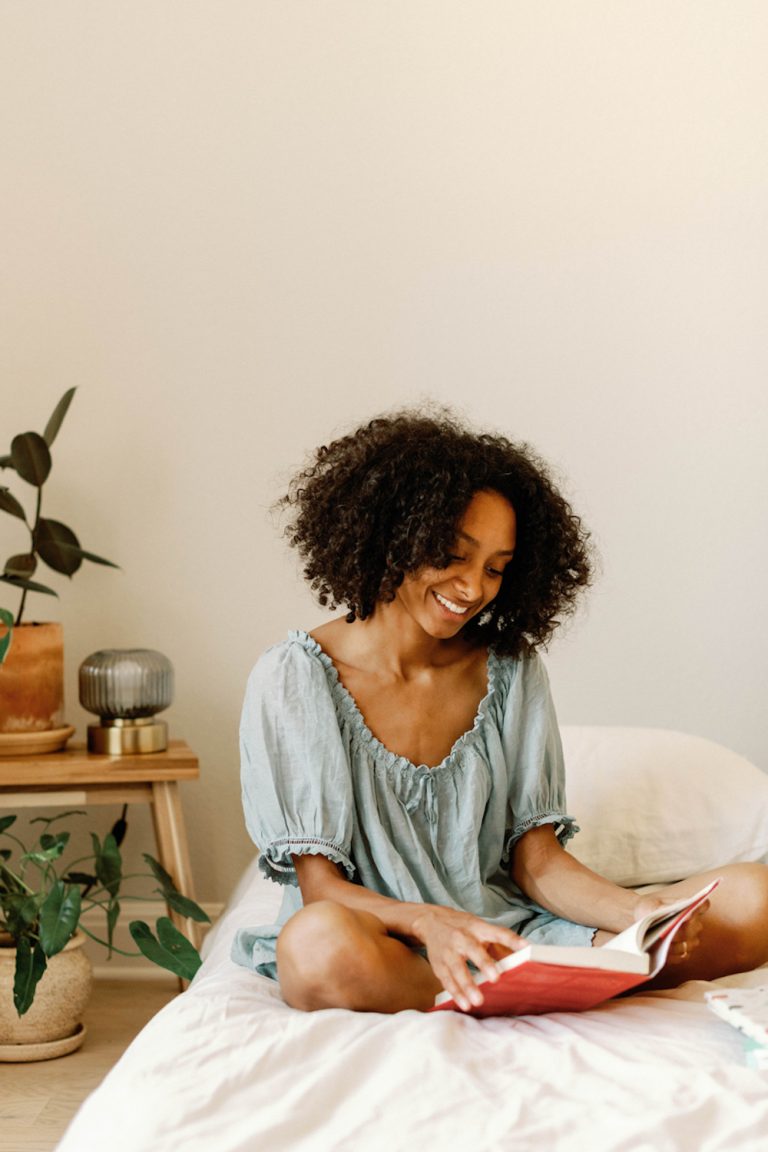
Final Thoughts
Many think that spontaneity is simply a trait that we’re born with—but like much in life, it’s a practice. We can orient ourselves toward more freedom and escape a repetitive cycle by consistently trying new things, shaking up our routines, connecting with different people, and creating more space for novelty in our days. Learning how to be more spontaneous can help you grow in ways you’ve never imagined and begin to get comfortable with the inevitable change that takes place throughout all of our lives. And truly, is there anything better than surprising yourself and experiencing something vastly different from how you imagined it? That’s the beauty of a little spontaneity.

 Tfoso
Tfoso 







